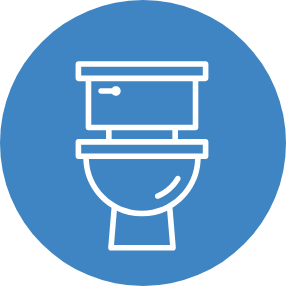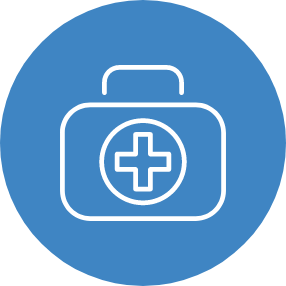What can you do at home to help keep your sewer system working correctly?

Keep the Fat Out
Keep the Fat Out
Don’t dump cooking oil, bacon grease, or anything fatty down the drain or in the toilet. The grease cools and solidifies inside the pipes and restricts their capacity, causing blockages and overflows. Collect cooking grease in an empty metal can and let it cool and harden. Once full, toss it in the trash.

The Toilet Is Not Your Trash Can
The Toilet Is Not Your Trash Can
Prevent sewer blockage by being kind to your toilet. Don’t treat it like a trash can and never flush sanitary products, baby wipes, diapers, paper towels, etc. When all is said and done, toilet paper is the only paper product suitable for flushing.

Keep Kitchen Solids out of Garbage Disposal
Keep Kitchen Solids out of Garbage Disposal
Don’t feed your garbage disposal any hard or fibrous materials, such as potato peels, seeds, flower stems, eggshells, and watermelon rinds. While they will be shredded to more refined pieces, they won’t get liquefied and can get clogged in the sewer system, causing blockages and backups.

No Pharmaceuticals Down Your Toilet
No Pharmaceuticals Down Your Toilet
Do not flush solid or liquid medications. Sewage systems cannot remove these medicines from water that is released into lakes, rivers, or oceans, and as a result, fish and other aquatic animals have received adverse effects. So what’s a safer way to dispose of unused medicine? Buy only what you can use or need or ask your local pharmacy if you can return unused medication to them for safe disposal. If nothing else works, dispose of unused medicine in the trash: keep medicine in its original container, scratch out personal patient information, and add water mixed with something nontoxic but unpalatable (e.g., sawdust or kitty litter) to prevent unintended drug use.

